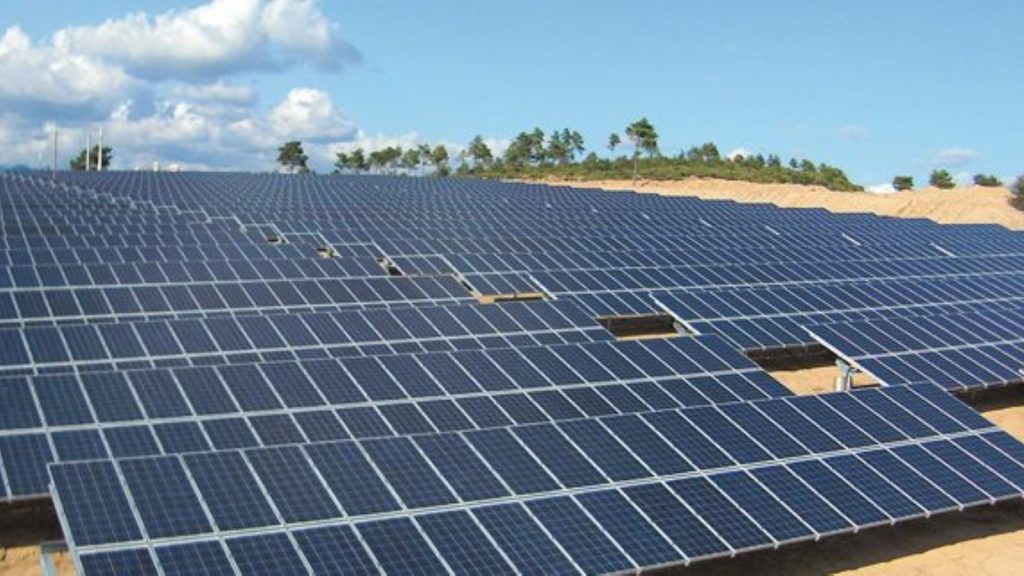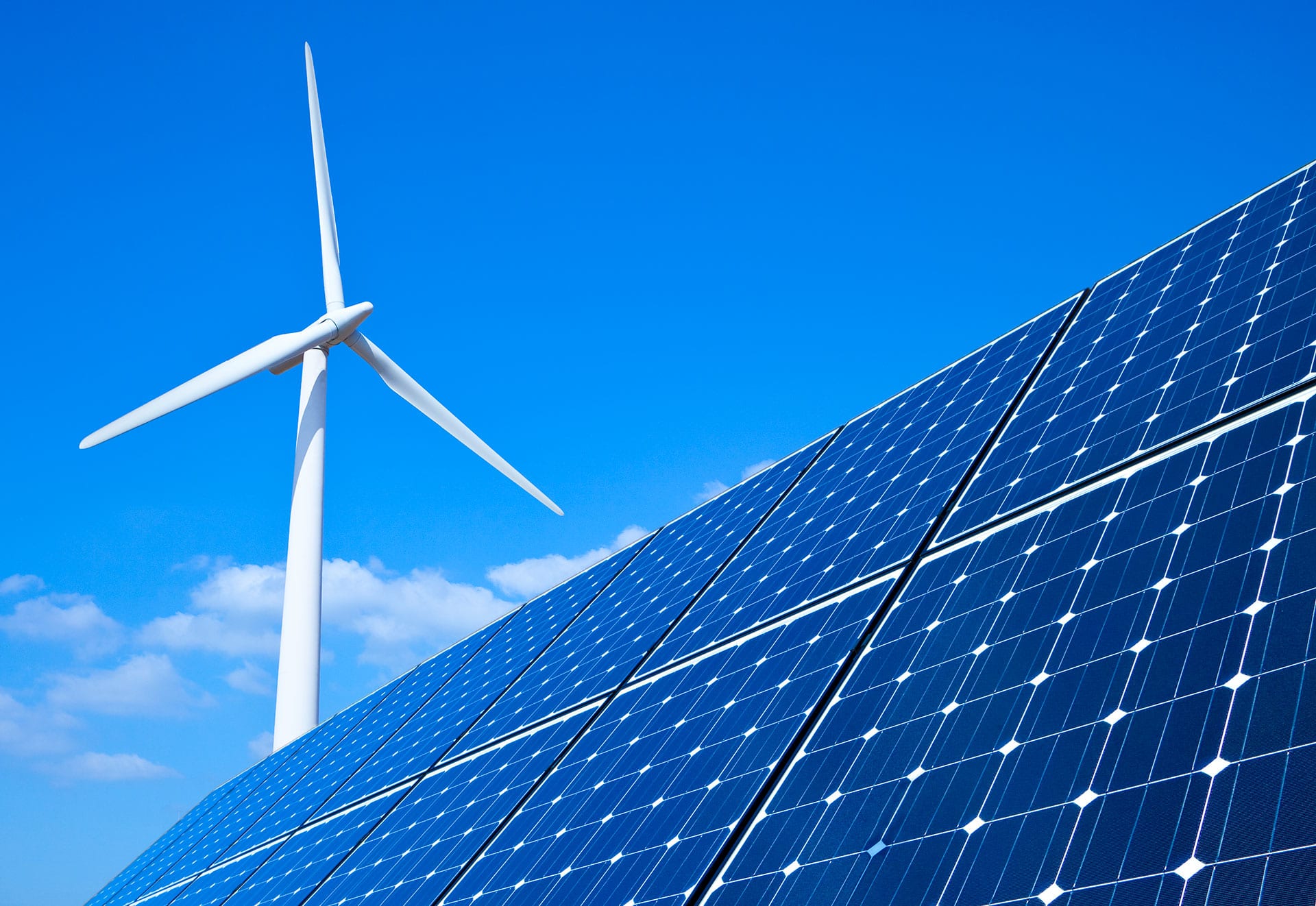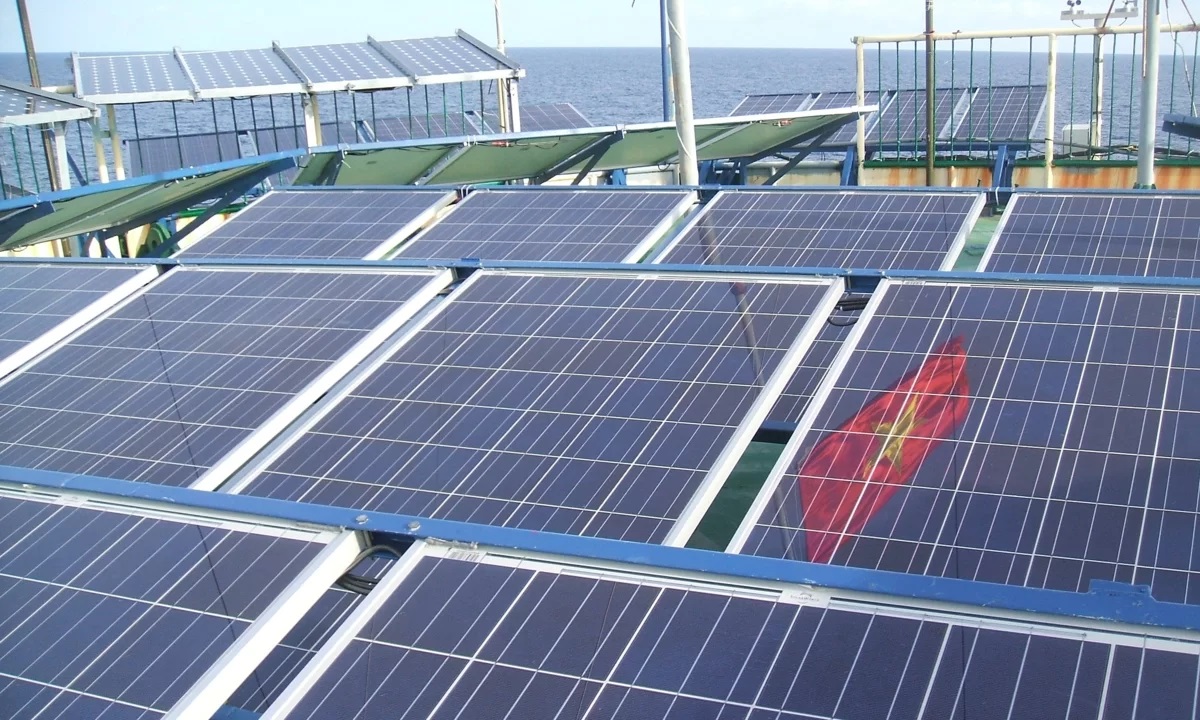As one of the most efficient power markets in Southeast Asia, Vietnam has huge prospects, especially in renewable energy, experts have said.
There is need for investment in Vietnam in production, export capacities and upgrading of infrastructure, Phan The Anh, deputy general director of the Ministry of Industry and Trade’s southern affairs, said.
The Government is looking for responsible and sustainable investment that not only secures the future of the country but is also sensitive to the environment, he told the first Electrify Vietnam Summit, which opened on March 28 in HCM City.
The country has achieved almost 99 per cent electrification at a relatively low cost compared to its neighbouring countries, he said.

The main drivers of energy consumption are industrial growth, urbanisation, increase in residential energy usage, and adoption of mechanised transportation systems.
The country’s energy demand is forecast to increase by over 10 per cent a year between 2016 and 2020 and by 8 per cent in 2021-30.
Electricity demand is expected to be 265-278 Terawatt hours (TWh) in 2020 to 572-632 TWh in 2030 as against 86 TWh in 2010.
To meet this growing demand, Vietnam needs to add 6,000-7,000MW of capacity annually at a cost of US$148 billion by 2030.
Its energy sources are very diverse: coal, oil, natural gas, hydropower and renewables like solar, wind and biomass.
Currently, hydropower and coal are the largest sources and would remain so in the short term.
Anh said the Government has recently revised the Power Development Plan to increase the share of renewables like biomass, solar and wind to reduce the gap between demand and supply.
It aims to increase renewable power output from 58 billion kWh in 2015 to 101 billion kWh by 2020 and 186 billion kWh by 2030.
That will be equivalent to 7 per cent of total supply in 2020 and 10 per cent in 2030, and go a long way in ensuring energy security, environmental protection and sustainable socio-economic development and mitigating climate change.
Renewable power development will require investment of $23.7 billion by 2030.
Dao Quoc Vu, a senior expert at Vietnam Electricity’s power market department, said the sector should turn to seeking investment from non-traditional sources, especially private and foreign.
It needs to increase competition to improve efficiency and ensure reasonable prices and the level of competition in the power market should be gradually increased to strengthen incentives for efficiency, he said.
There is also a need to improve fairness, transparency and competition, he added.
Datuk Dr Abdul Aziz S.A. Kadir, chairman of Confexhub Group, said: “The Vietnamese Government is broadening its strategic approach to fully tap the huge potential of its power sector by unlocking the private investment potential and inviting foreign technical expertise and foreign investment.”
It has been constantly looking for responsible and sustainable investment not only to secure the future of the country but also to safeguard the environment, he said.
It is strategically planning and carrying out a comprehensive assessment of all energy choices to maximise its renewable resources in a proper manner, he said.
“There is also a need to enhance transparency and encourage community participation in formulation of energy sector development plans and specific investment projects.
“Planning and implementation of the national electrification programme will also need to be comprehensive and synchronised across the country.”
The two-day summit, “Electrifying Vietnam through Sustainable Energy Plans”, seeks to promote better understanding of Vietnam’s energy and power market and investment climate.
The discussions covered topics like Vietnam’s key economic priorities and foreign investment policies, business structure and financing options, initiatives in promoting the power industry as well as the electricity policy, regulatory and financing framework.
A series of investment matching meetings is scheduled to bring together energy and power regulators and the private sector.
The event is organised by the Vietnam Trade Fair and Advertising JSC (VINEXAD) and Confexhub.
Source: VNA


